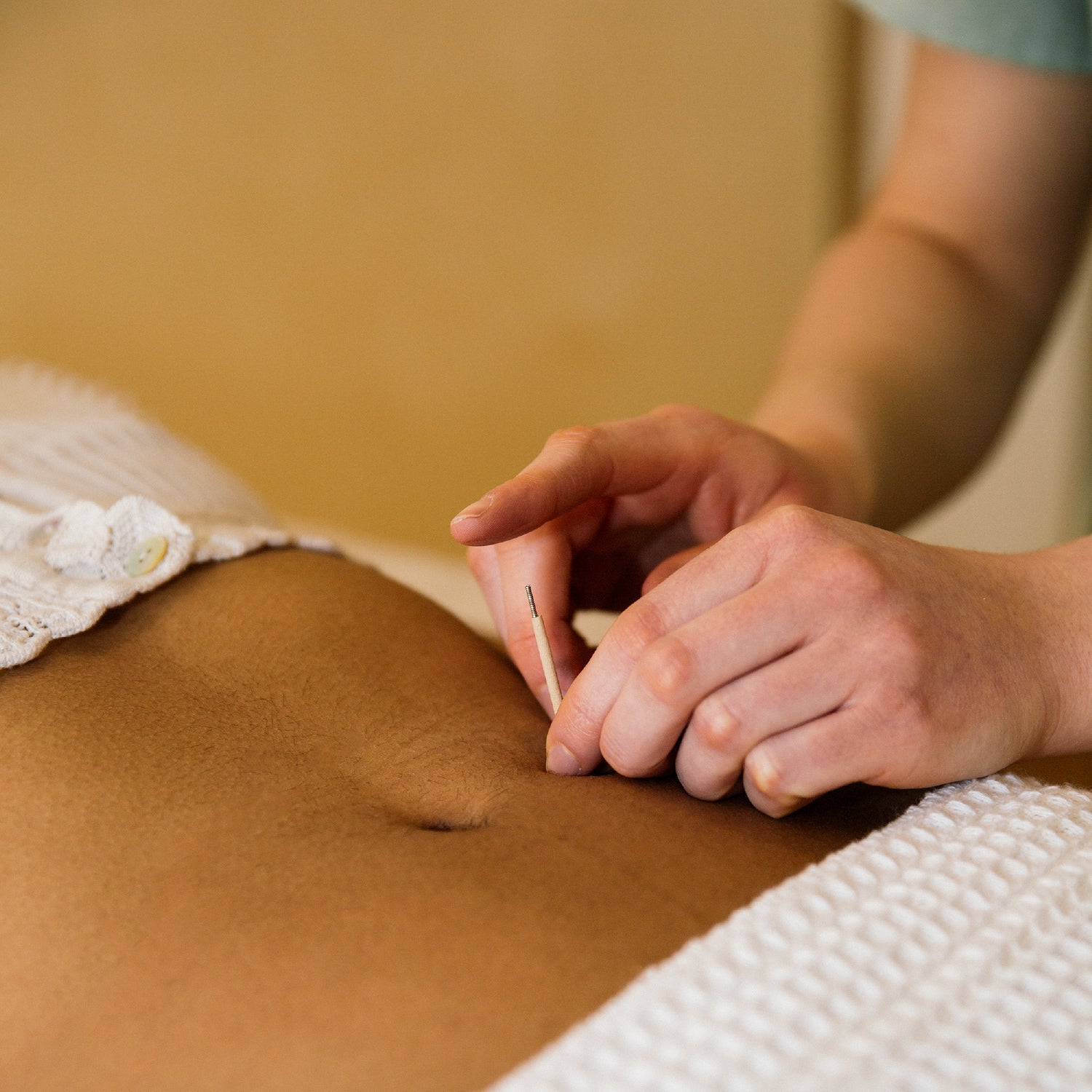Hormonal imbalances occur when there is an excess or deficiency of certain hormones in the body.
Hormones play a crucial role in regulating various bodily processes such as metabolism, growth and development, mood, and reproductive health. When these hormones are out of balance, it can lead to a wide range of symptoms and health issues:
● Irregular menstrual cycles
● Acne and other skin issues
● Weight gain or difficulty losing weight
● Fatigue and low energy levels
● Mood swings and irritability
Hormonal imbalances can be caused by a variety of factors such as stress, unhealthy diet, lack of exercise, and certain medical conditions. Treatment for hormonal imbalances may involve lifestyle changes, medication, or hormone therapy.
Acupuncture can help balance hormones by regulating the endocrine system.
It stimulates the hypothalamus and pituitary gland, which are responsible for the production of hormones such as estrogen and progesterone. By regulating these hormones, acupuncture can help alleviate symptoms of hormonal imbalances such as irregular periods, PMS, and infertility.
Acupuncture can also help regulate the menstrual cycle by improving blood flow and reducing inflammation. It can help alleviate symptoms such as cramping, painful periods, bloating, and mood swings.This is why acupuncture can really make a difference for those women who have been diagnosed with endometriosis, PCOS, fibroids, amenorrhea, dysmenorrhea and infertility.
Regular acupuncture sessions can help regulate the menstrual cycle and improve overall reproductive health.
The first step in the acupuncture treatment process is an initial consultation with a licensed acupuncturist.
During this consultation, the acupuncturist will ask about your medical history, menstrual cycle, and any symptoms you may be experiencing. They will also perform a physical examination and may take your pulse and look at your tongue to assess your overall health and identify any imbalances. Based on the information gathered during the initial consultation, the acupuncturist will develop a personalised treatment plan to address your specific needs and imbalances. This treatment plan may include a combination of acupuncture, dietary advice and lifestyle recommendations. After your initial acupuncture treatment, you may need to schedule follow-up visits to continue your treatment plan. The frequency of these visits will depend on your individual needs and progress. Your acupuncturist will work with you to develop a treatment schedule that is right for you.

